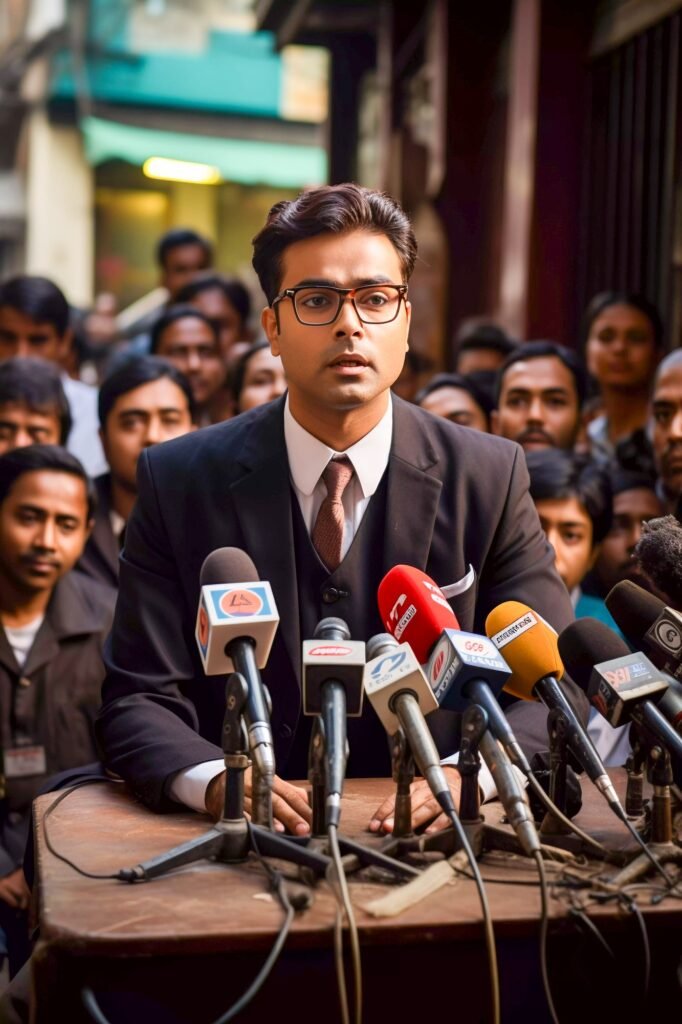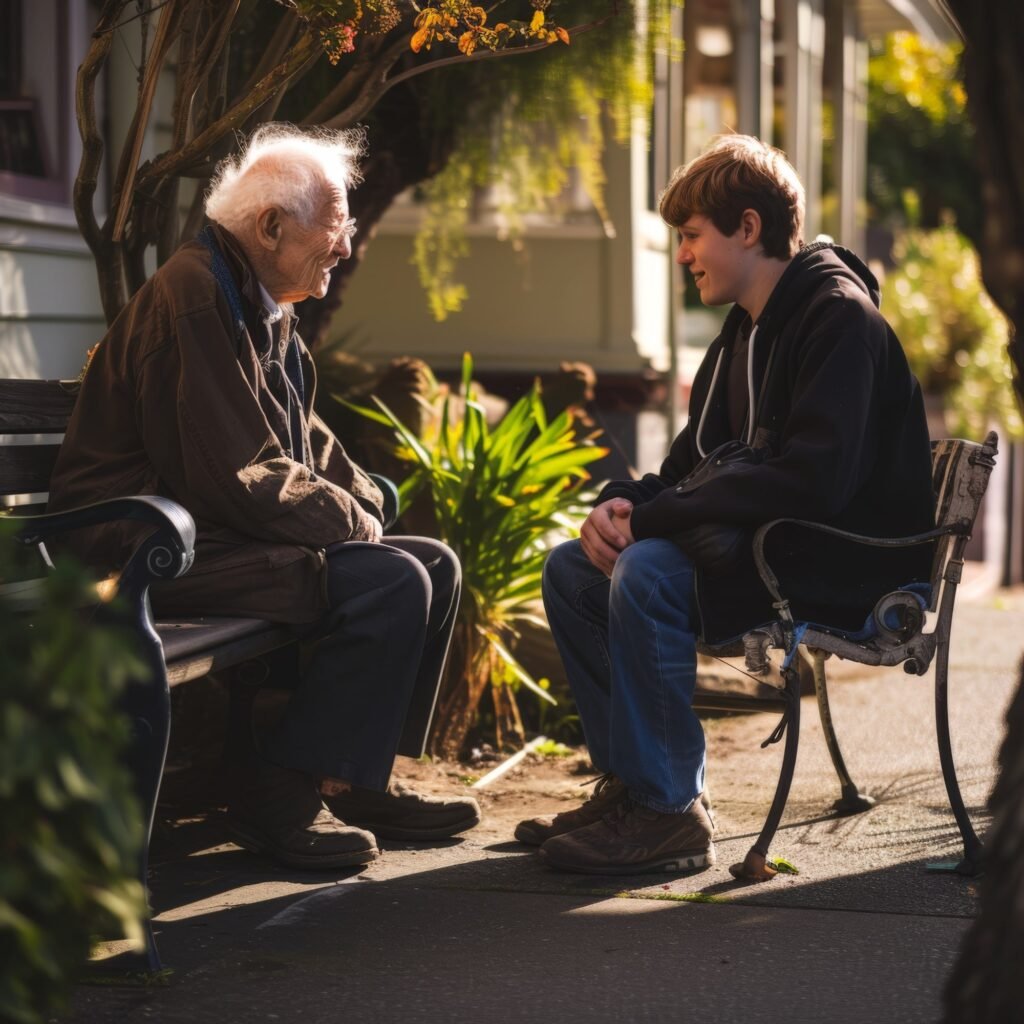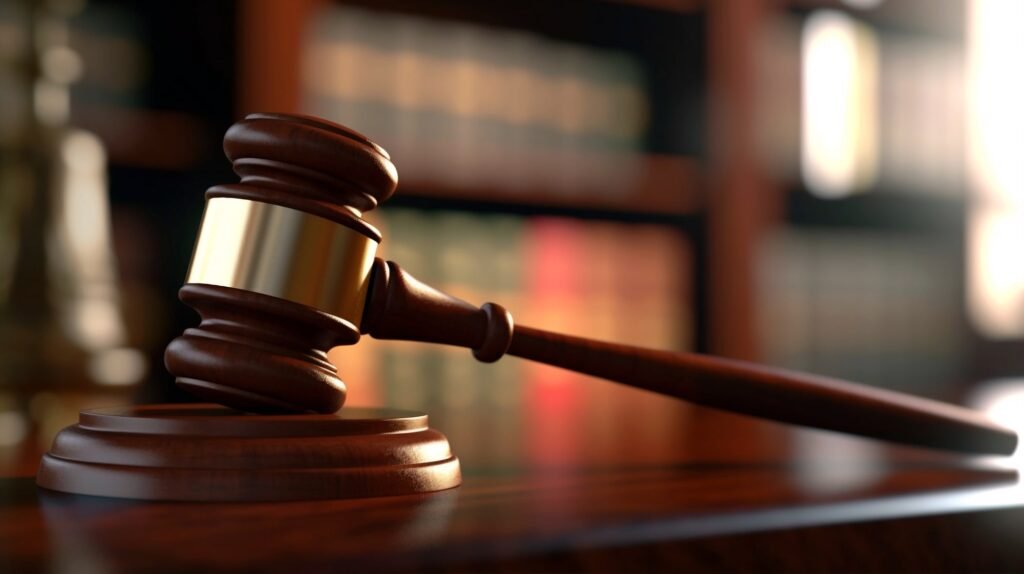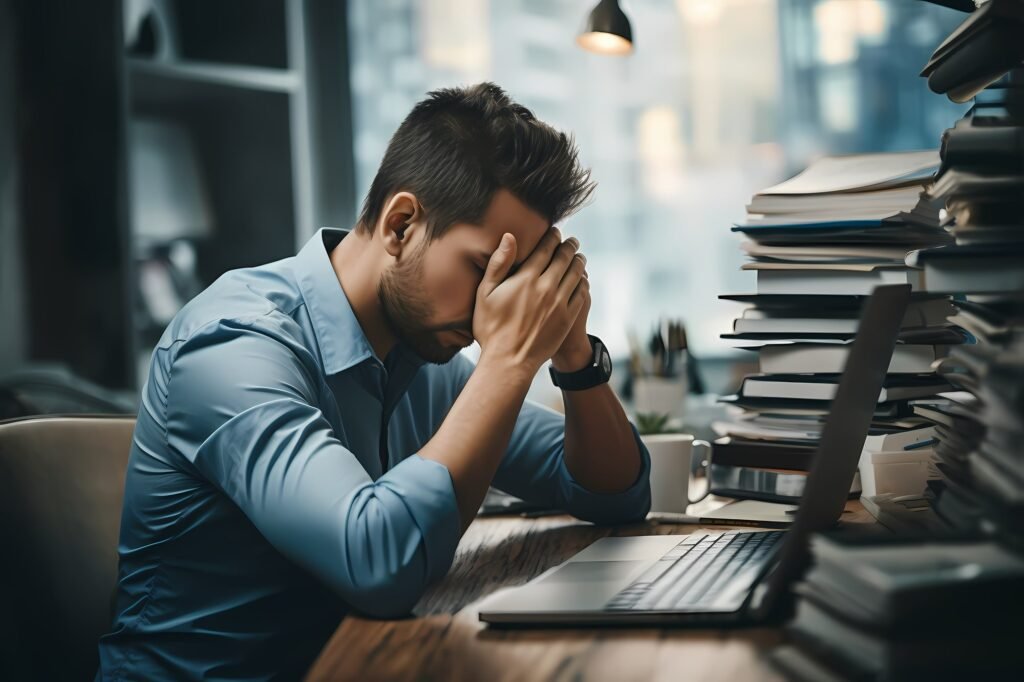A journalists function in society is complex and vital. Here are a few crucial elements:
Alerting the public:
Journalists(Reporter) act as watchdogs, disseminating accurate and timely information about local, national, and international events, problems, and trends. They are essential in informing the public about important occasions, laws, regulations, and cultural developments.
Looking into and holding power accountable:
Journalists(Reporter) hold governments, organisations, and individuals accountable by looking into corruption, malfeasance, and abuses of power. They aim to establish accountability and transparency in society by exposing injustices, unearthing hidden facts, and shining a light on them through investigative reporting.
Encouraging Diversity and Democracy:
Journalism is essential to democracy because it encourages informed public discourse, welcomes a range of viewpoints, and supports the right to free speech. A dynamic and healthy democracy is facilitated by journalists by giving a forum to a range of views and opinions.
Advocating for Public Justice:
By covering topics like abuses of human rights, injustice, prejudice, and environmental damage, journalists(Reporter) frequently promote social justice. They promote constructive social change, mobilise public opinion, and increase awareness through their reporting.
Educating and inspiring the public:
By giving context, evaluation, and interpretation to enable individuals to make educated judgements, journalists help educate the public about complicated subjects. By providing people with information and comprehension of everything around them, they enable people.
The preservation of truth and objectivity:
In their reporting, journalists work hard to respect the values of truthfulness, justice, and objectivity. They work to protect truth and honesty in journalism by upholding moral principles and conducting thorough fact-checking in order to combat false and misleading information.
Giving voice to those who are helpless:
By presenting the experiences, hardships, and goals of marginalised and underprivileged communities, journalists frequently provide voice to the voiceless. They encourage diversity and inclusion in media coverage by bringing varied views and ideas to the fore.
Journalism is the most difficult profession, and hundreds of journalists have lost their lives. Throughout their careers, journalists encounter a variety of risks and difficulties, some of which are specific to the social, political, and cultural environments in which they work.
Typical dangers include the following:
Actual Violence and Harassment:
Political parties, criminal gangs, and other non-state entities, as well as people with vested interests, frequently subject journalists to physical violence, abuse, and intimidation. A few examples of this violence are assault, kidnapping, torture, and even homicide.
Legal Threats and Judiciary Harassment:
Governments and wealthy people can employ legal tactics to intimidate and harass journalists, such as filing defamation cases, making arbitrary arrests, and prosecuting them under laws that restrict their freedom of speech.
Censorship and State Interference:
Using a variety of strategies, such as licencing laws, content limitations, or outright censoring news coverage, governments can censor or exert control over media outlets. In addition to disseminating propaganda, state-run media can also silence critics.
Cybersecurity and Online Attacks:
As digital media has grown, journalists are more vulnerable to online harassment, hacks, and monitoring. Digital communication, along with social media accounts and websites belonging to journalists, is susceptible to attacks by attackers, troll armies, and those sponsored by state actors.
Economic Tensions and Job Insecurity:
Reductions in advertising revenue, media synthesis, or layoffs amongst media companies can all pose challenges to Reporter’ livelihoods. This may weaken editorial independence and cause individuals to self-censor.
Trauma and psychological stress:
Reporter’ psychological well-being and mental health may suffer as a result of covering tumultuous events, natural catastrophes, or combat zones. Working in this field may cause somebody to suffer from anxiety, sadness, PTSD, or other psychological conditions.
Addressing vulnerable teams:
Reporter covering delicate subjects like organised crime, corruption, or violations of human rights may be more vulnerable. This is especially true if they are women, members of ethnic minorities, or members of the LGBTQ+ community.
Impunity for Journalist Attacks:
Attacks on reporter are frequently met with impunity in many nations, which encourages attackers to target journalists without fear of repercussions. Press freedom and journalist safety are further compromised by the absence of accountability for attacks.
These threats highlight how crucial it is to safeguard press freedom, keep journalists secure, and bring those responsible for attacks on journalism to justice. In order to maintain a strong, independent press that is capable of playing a vital role in society, it is imperative that efforts be made to protect journalists’ rights and advance media freedom.
